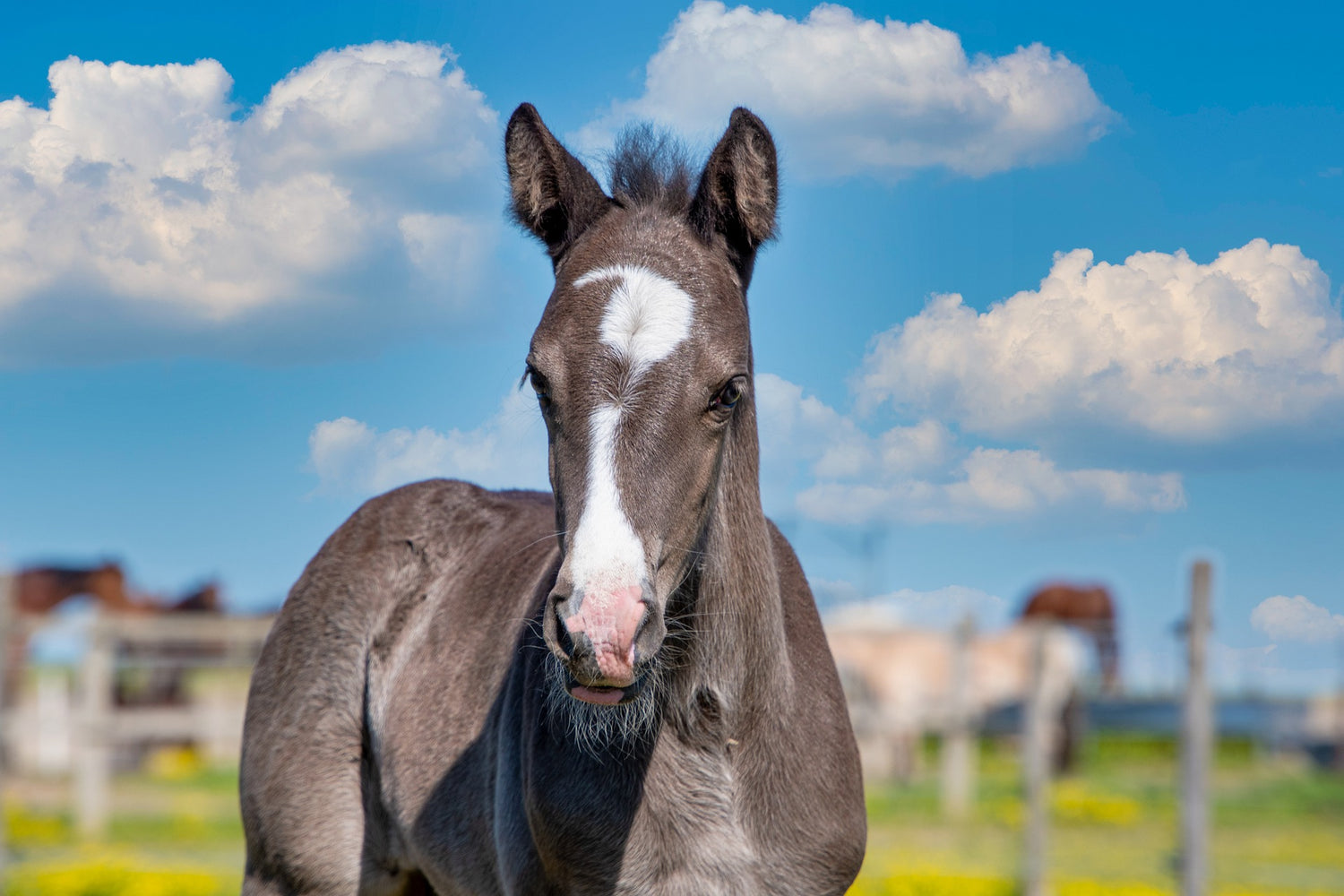
For horses less than 3 years of age
Young horse worm control recommendations are very different to adult horse worm control guidelines.
Equine parasitologists strongly recommend that horse owners and managers gather worm egg count data to ensure that youngsters are dewormed at the appropriate time with the appropriate dewormer for the parasites present.
A targeted deworming approach based on strongyle worm egg counts is NOT recommended for young horses under 3 years of age.
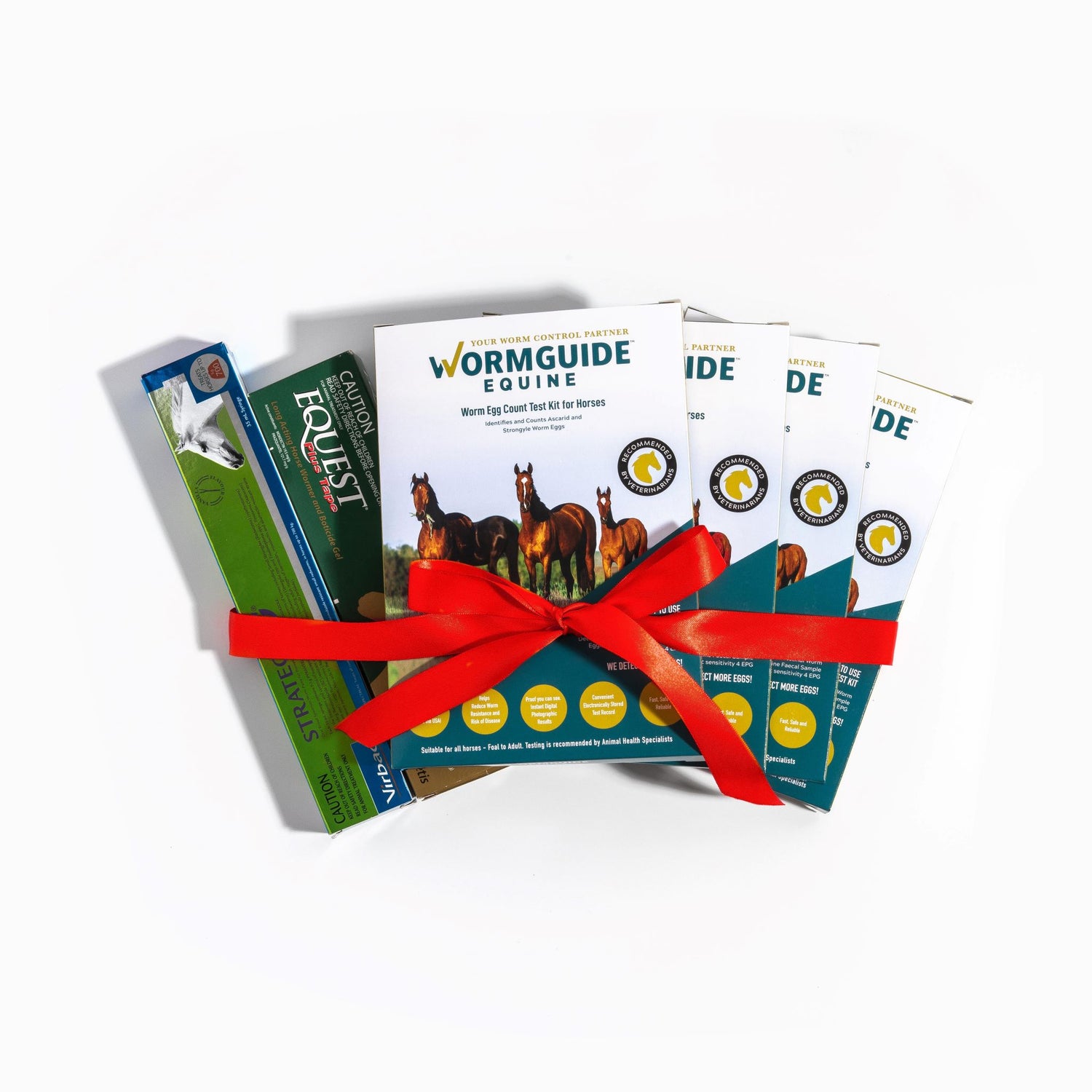
Meaningful worm control for your babies
Young horse-babies are particularly susceptible to parasite infection and more at risk for developing disease. Careful worm egg count surveillance can help to keep your young horse safe.
When used in line with correctly timed, test, treat and monitor horse worm control steps, precision worm egg count testing provides crucial information about the type or types of worms in your young horse and the dewormers that work to treat the worms on your property. This valuable information supports your treatment decision making process and meaningful worm control.
Our Foal’s First Year Worm Control Bundle helps foal owners follow these important young horse worm management steps. More information about deworming in the first year of life, can be found in our digital Product Guide.
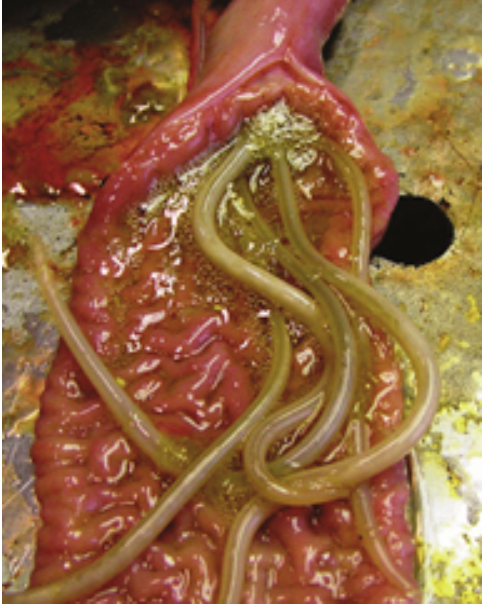
The most pathogenic and lethal parasite in this age group
Ascarids (also known as roundworm) are the most pathogenic and lethal parasite affecting foals and weanlings.
When a horse ingests an ascarid egg, a larva emerges from the eggshell in the small intestine of the horse. Foals and weanlings are infected by ingesting ascarids eggs that adhere to stall walls, pasture and even on the udders of foaling mares.
Yearlings are susceptible to ascarid infections that occur sporadically or as a second wave, so require routine digital worm egg count surveillance.
Young horses with a poor deworming history or ineffective treatments, risk ascarid impaction – an often-lethal colic condition usually requiring surgery. Worm egg counts can alert you to the presence of potentially dangerous ascarid infection.
It is recommended that a foal with a moderate to high ascarid egg count receive veterinary assistance.
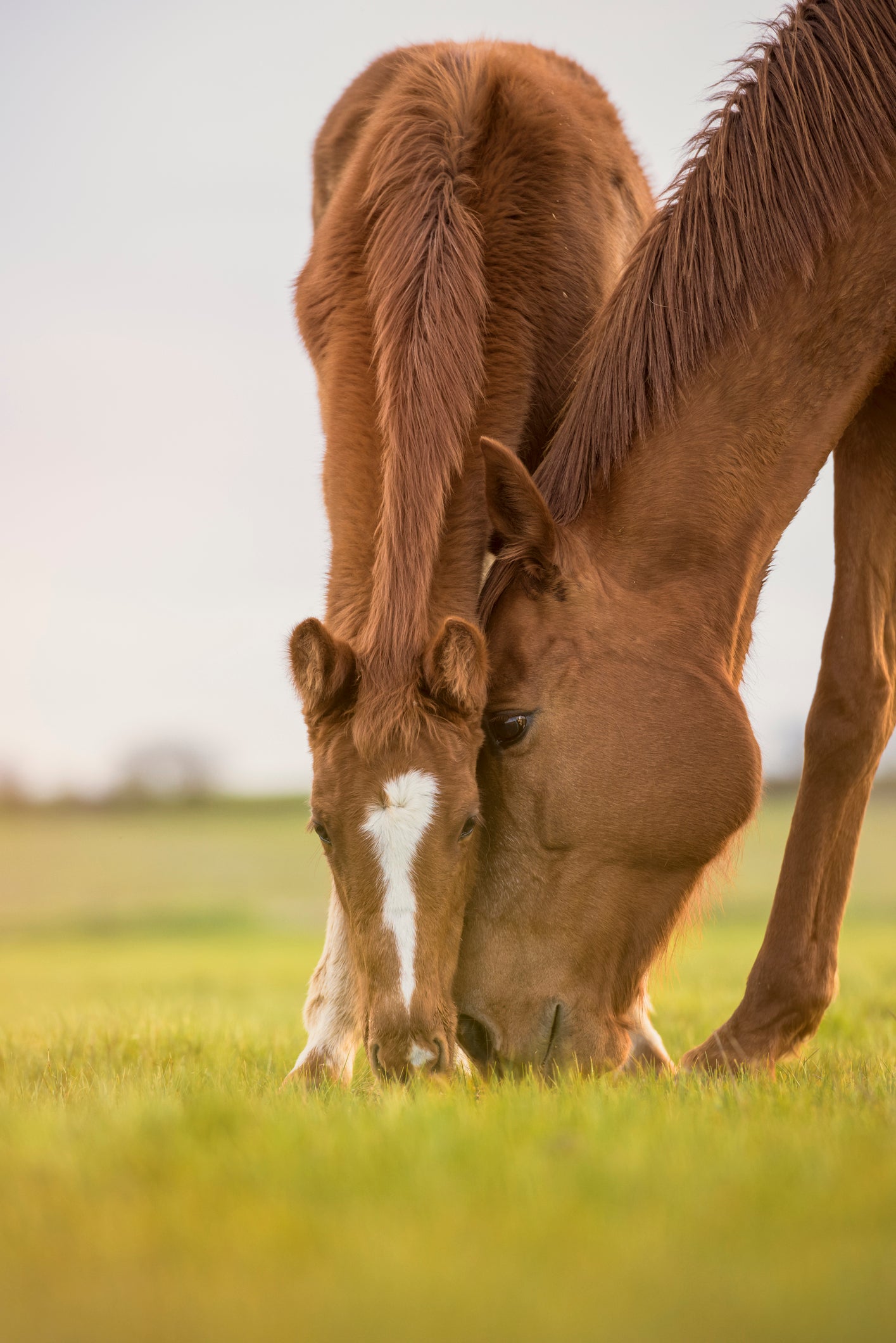
How to give your young horse the special worm control attention they need
Familiarise yourself with various correctly timed test and treat steps (at 2 months, 5 months, 9 months and 12 months) and recommended yearling and two-year old worm control management steps.
After your young horse receives their first scheduled deworming treatment for ascarids at 2 months of age, gather worm egg count test data to support your dewormer decision-making process. Use ascarid and strongyle eggs per gram (EPG) readings to identify the parasites present and determine whether parasite burdens in your weanling are primarily ascarid, strongyle or both.
Apply young horse worm control recommendations. Our free and exclusive What Do My Results Mean? eBook unpacks evidence-based worm control and helps our customers follow easy to use science-based worm control guidelines.
Maintain worm egg count surveillance to ensure control strategies are working against the parasite present. Strongyles and ascarids have become resistant to many of the dewormers used today and must be factored into treatment decisions. Worms resistant to the worming chemicals used to kill them is a common problem for our young horses in Australia.
Treat yearlings and two-year-olds as high egg shedders so that they receive three to four yearly deworming treatments. Yearlings can start to join in with Spring and Autumn strategic deworming for any adult horses on the property.
See our Autumn and Spring Advantage for important information about deworming for this age group.
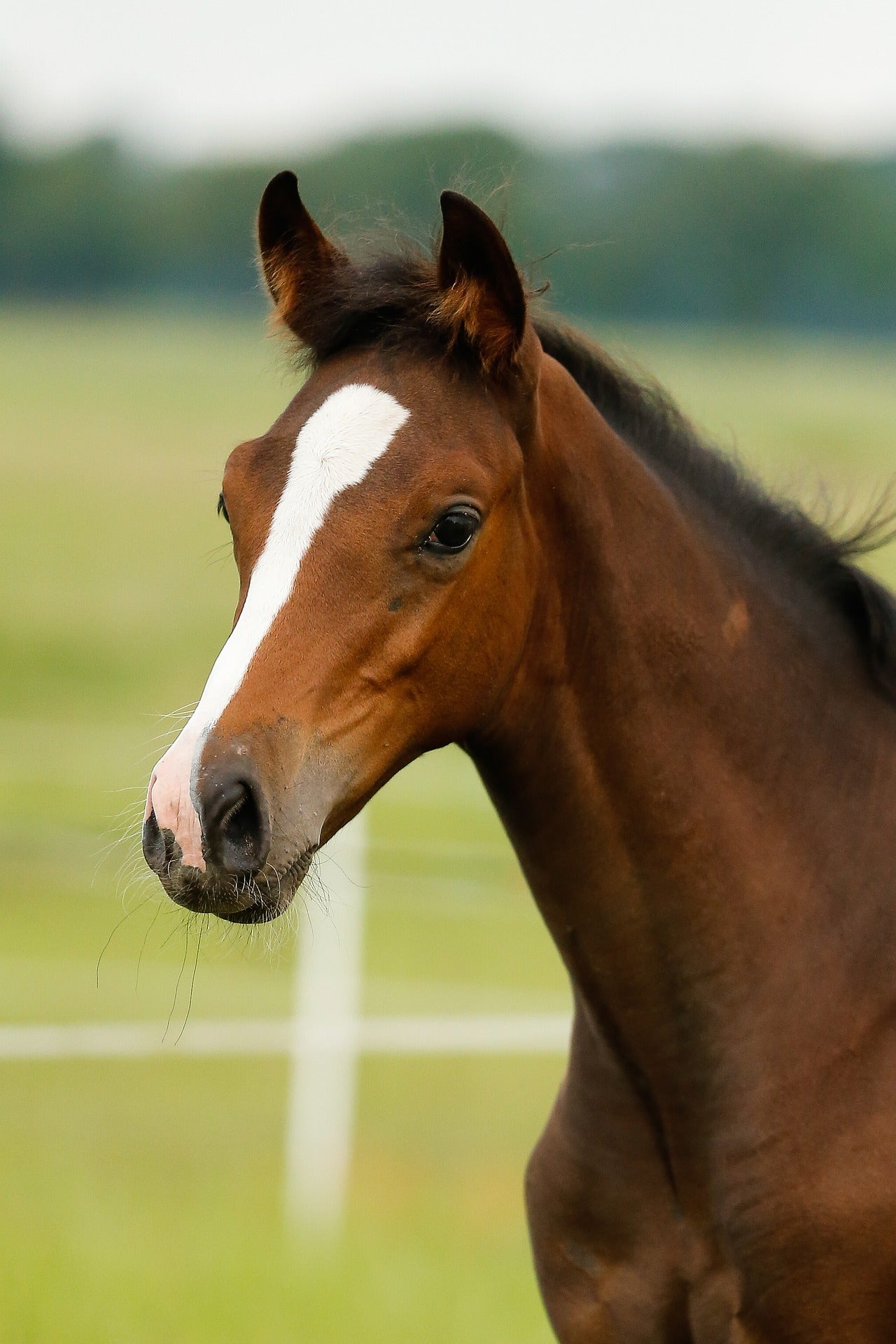
All Grown Up
After your young horse’s third birthday adult horse worm control recommendations apply. Bear in mind, until maturity at 4 or 5 years, your young adult horse may remain more susceptible to parasite infection than mature adults.
Use your strongyle worm egg count test results to classify your grown-up horse to one of three adult horse strongyle contaminative groups (low, moderate, high) to determine if additional deworming is necessary beyond the two basic foundation treatments per year (Spring and Autumn) as recommended by the Australian Society of Parasitology and the AAEP. Find out more about adult horse worm control recommendations.
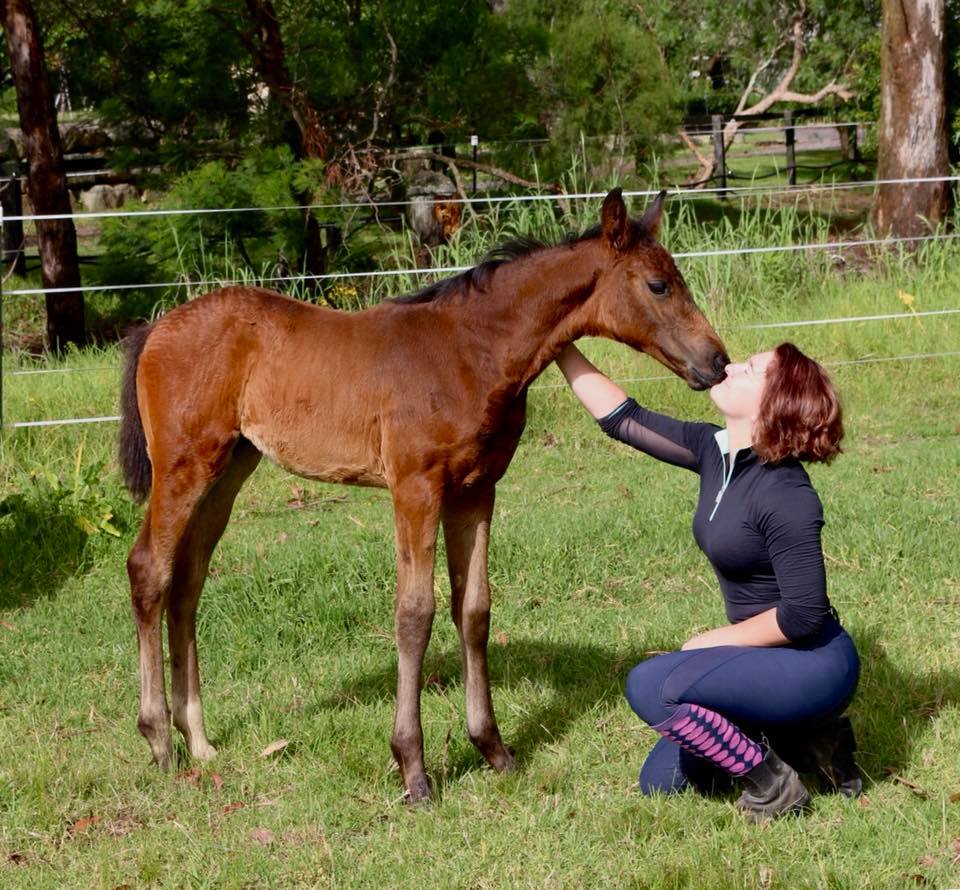
Send us pics of your horse babies!
We love horses as much as you do and look forward to getting to know our young WormGuide devotees.
Jordan Evans from Jordan Evans Dressage with Furstin Bliss.






